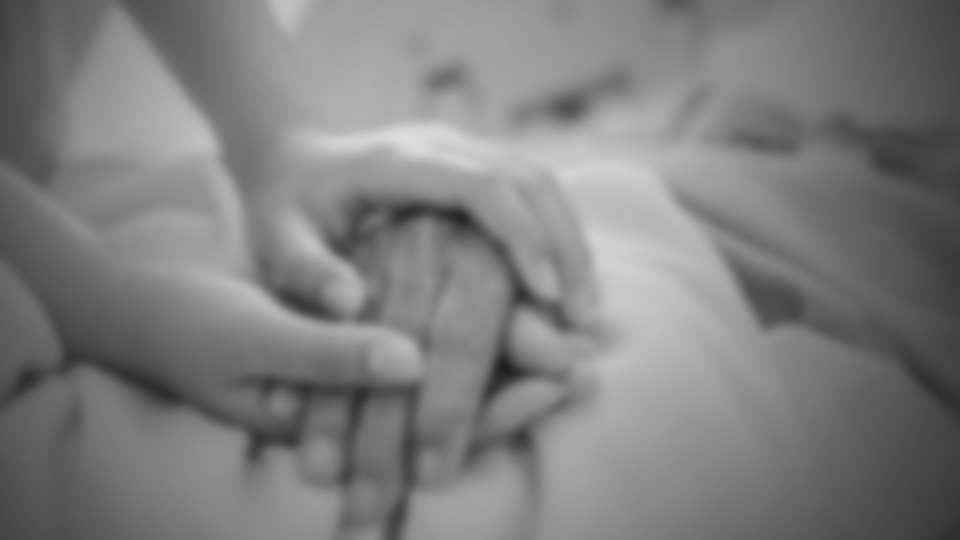Expansion of medical assistance in dying: a warning sign

Montreal
"According to a recent poll by Canadian public opinion firm Research Co., more than one in four Canadians would approve of euthanasia for the homeless (28%) and the poor (27%). Even more worrisome, the poll found that 50% of Canadians would authorize euthanasia for people who did not have access to medical treatment, and 51% for people with disabilities. Young people born since 2000 are even more in favour.”
These figures are the alarming indication of a definite malaise affecting our society. It begs the question whether the population has become so desperate and depressed that they would prefer death to fighting to improve the quality of their lives.
The removal of the end-of-life criterion from this law has opened the door to a numerous abuses.
Medical assistance in dying is now permitted not only for purely medical reasons or for the terminally ill, but also for social problems that governments have been unable to resolve: poverty, isolation or lack of services.
On top of this comes the lack of medical and social resources and services. Access to specialist doctors takes months, while access to "medical assistance in dying" can take a few days.
Faced with despair, we prefer to deliver death rather than doing everything we can to offer better quality of life and ensure that no one is under pressure to make such a decision.
The question arises whether it is dignified to bring about the death of the physically disabled, the elderly who are weary of living, those suffering from dementia, the poor, the lonely and the isolated, young people who want to commit suicide because they find no reason to live, instead of stopping to think about the reason behind "I want to die."
Sooner or later we must all be condemned for having condoned this, and future generations will judge these homicides just as we judge the past through the eyes of today, because this societal tendency looks increasingly like the measures imposed by totalitarian regimes in the 1930s and 1940s. Yes, at some point we will have to find the courage to call things by their proper names.
What's more, this law seeks to extend "medical assistance in dying" to all those places of light, comfort and support that are the palliative care homes, and to go so far as to interfere in their admissions criteria.
All of which goes to expose how our individualistic society apparently takes no interest in the unseen plight of those who are suffering: the sick, the disabled, the isolated, the young and the poor who are increasingly calling for this type of assistance out of desperation.
Having neither the time nor the means to get to the root of the problem, we convey the message to all these people that since we, in the name of compassion, are granting them the right to die, they should therefore give up their right to live. This is all we have to offer them in response to their distress. We authorize their being "put to death" as we send them the message that they are a nuisance to us because they are no longer useful to society and they cost us too much.
This choice on the part of the government, termed "medical assistance in dying," is hardly to be considered an evolution, but rather a regression. When human dignity is weighed in terms of cost and degree of autonomy, and when dependence means uselessness, it signifies a social rejection as intense as any physical pain.
Fortunately, there are still some excellent people - in the medical profession, family members, friends, staff of social and community organizations and volunteers - who care for those most vulnerable and suffering, for those who need to be heard and understood, to be supported emotionally and have their physical pain alleviated.
The action of accompanying the suffering through their moral distress – was that not once true compassion as defined in the dictionaries?
Instead of encouraging people to die, would it not be better to assist them in living in love until the end? (Erwan le Morhédec)
Monique Khouzam Gendron
Former Director of Library, cultural and community services for the City of Saint-Eustache
Source (Translated by the Archdiocese of Montreal) https://leveil.com/societe/elargissement-de-laide-medicale-a-mourir-un-signal-dalarme

Comment
Comment
Add new comment